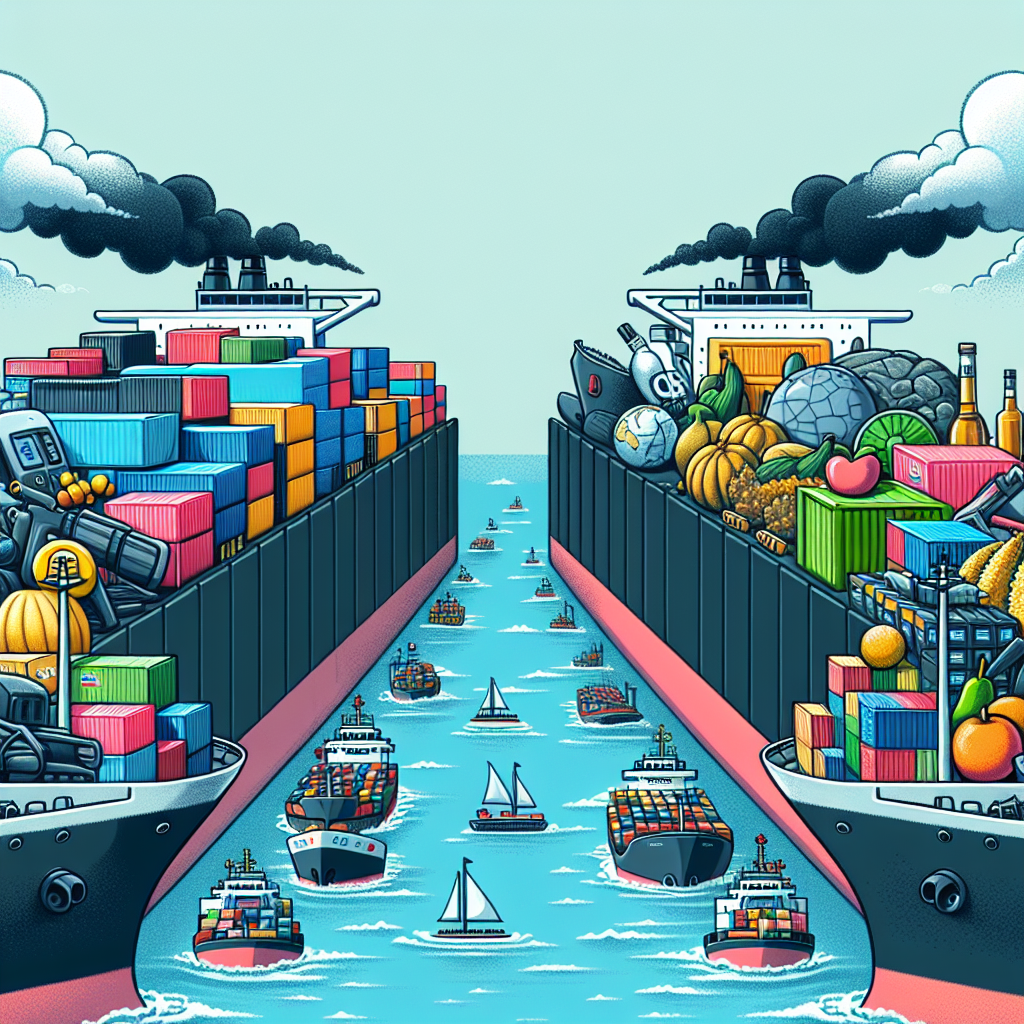Australia's Economic Shield: Navigating Trump's Trade Turmoil
Australian banks express concern over potential global disruption from U.S. tariffs under President Trump, highlighting possible inflation and economic slowdown. However, Australia's limited export reliance on the U.S. offers some insulation. Interest rate cuts have spurred mortgage applications, yet tariff tensions may impact future rate decisions.

The escalating trade tensions introduced by U.S. President Donald Trump through tariffs could spur global inflation, incite market volatility, and decelerate economic progress, expressed the CEOs of leading Australian banks. They conveyed the perspective that Australia remains somewhat insulated from this upheaval despite potential worldwide impacts.
Although Australia's $15 billion annual export to the U.S. is dwarfed by its overall trade, providing some economic buffer, concerns remain. CBA CEO Matt Comyn emphasized the risk to global economic growth and potential inflation due to trade inefficiencies prompted by the tariffs.
The Reserve Bank of Australia's recent interest rate cuts triggered a notable rise in mortgage applications, but NAB CEO Andrew Irvine cautioned about the possibility of 'tariff madness' leading to restricted rate cuts. NAB anticipates two 25-basis point rate cuts in 2025, contingent on the unfolding tariff situation.
(With inputs from agencies.)
ALSO READ
Russia's Interest Rate Defiance: A Strategic Move Amidst Inflation
Russia's Central Bank Holds Steady: Future Rate Hikes Possible Amid Inflation Challenges
Congress Demands Justice for MGNREGS Workers Amid Rising Inflation
Markets on Edge: Trump, Tariffs, and the Global Economy
Pakistan's Inflation Trends: Stability Amidst IMF Support










